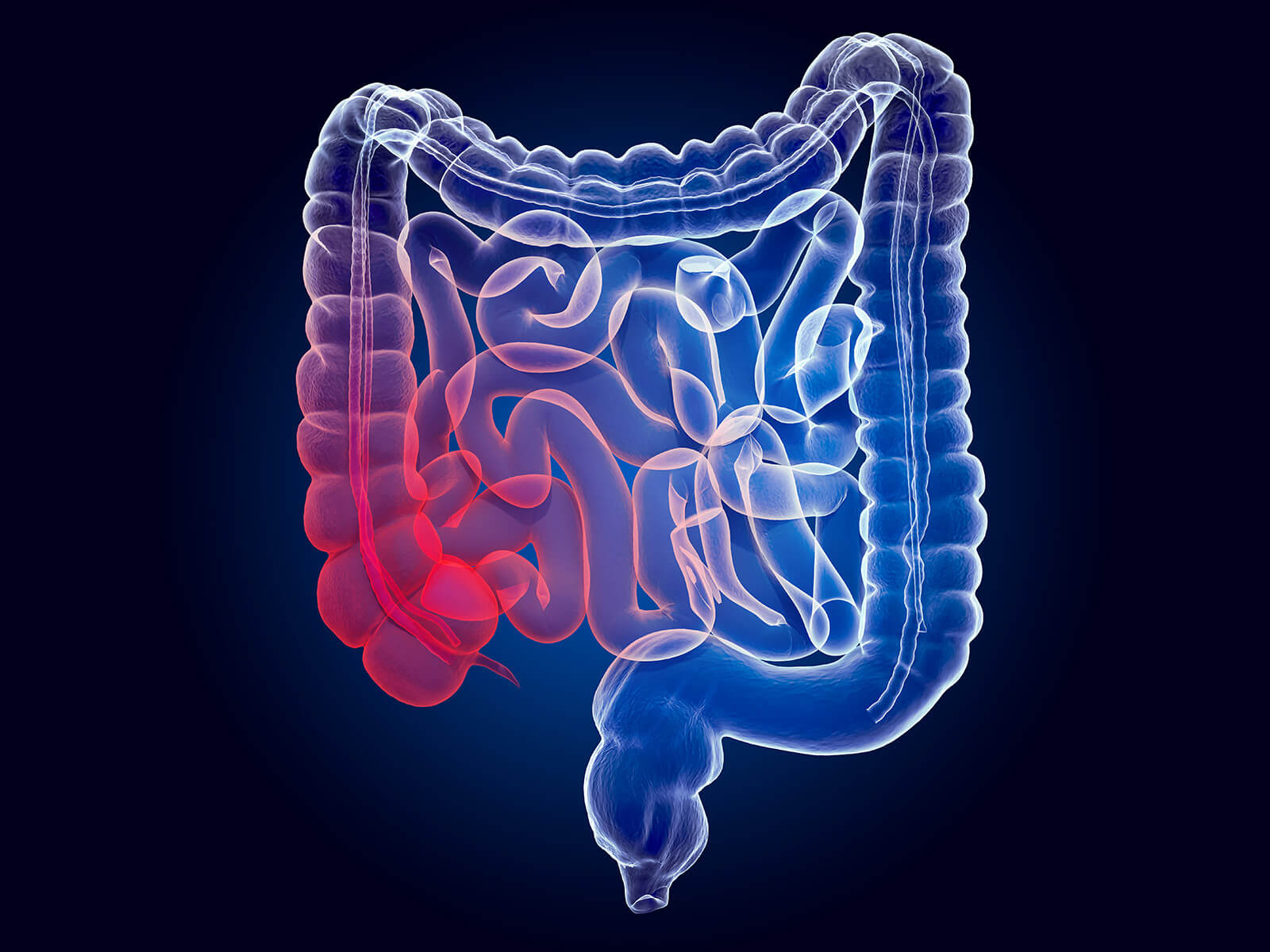
Diarrhea refers to a situation of stool or fluid nature that is passed more frequently than normal. It is like a normal flushing of your body to get rid of the infections or irritants in the digestive system. A majority of the cases take around a couple of days to be over, however, when it continues to the point where you experience serious signs and symptoms, then consult with a medical professional.
You may notice:
Diarrhea may arise as a result of a number of factors:
Tired of the pain of diarrhea? Get an appointment appointment with our Jersey Village staff. We will give you personalized, willing service-mining at the source and developing a regimen of treatment that will see to it that you are soon at your best once again.
We've successfully treated more than 10K patients, helping individuals improve their digestive health and overall well-being through expert, personalized care.
With over 20 years of experience, GastroDoxs has been a trusted provider of gastroenterology care, focusing on delivering the best outcomes for patients
Yes. Metformin may upset the gut lining and result in loose or watery diarrhea. We are able to change your dosage or recommend other treatments to help you reduce this side effect.
The spelling in the right American spelling of the word is D-I-A-R-H-E-A. It is used in British English, mostly spelled as diarrhoea.
Yes. There may be the acceleration of the digestive process by hormonal changes and higher blood flow in the early pregnancy and development of mild cramps or soft stools.
Diarrhea in itself is not a good sign of pregnancy. Although hormones may have influence on bowels, the best method is to use your home pregnancy test or a Doctor to determine it.
Yes. Corticosteroids such as prednisone have the potential to disturb the gut bacteria and increase the rate of digestion causing diarrhea in some cases.
Teething can be accompanied with loose stool but this is most probable because of infection or change of diet. Also make sure you follow up on and keep an eye on your baby concerning other manifestations of sickness.
Increased levels of progesterone and estrogen may cause the intestinal muscles to relax and thus prolong transit time, and also cause softener or more frequent bowel movements.
Tums inhibit stomach acid and soothes the heartburn but not the cause of diarrhea. Requires your doctor’s advice in case you take antacids.
Morning diarrhea can be triggered by stress, irritable bowel syndrome, eating habits, or medication timing. A specialist can help pinpoint and manage the cause.
Yes. Alcohol dries the lining of the intestines and accelerates the process of digestion, thereby causing loose stools or diarrhea especially when taken in large amounts.